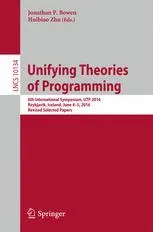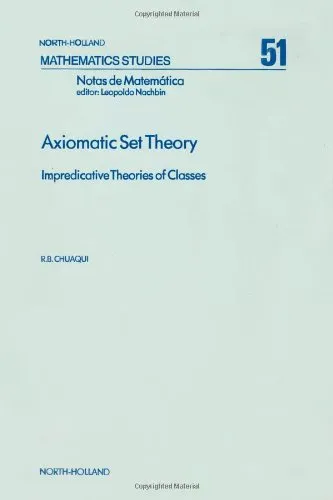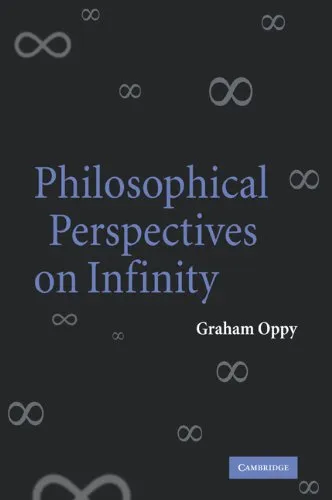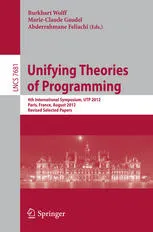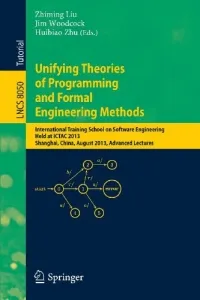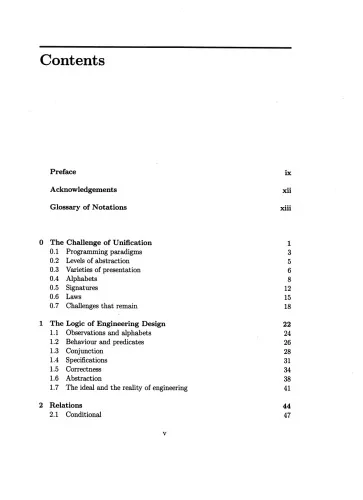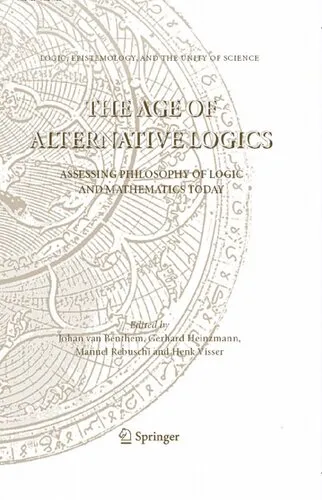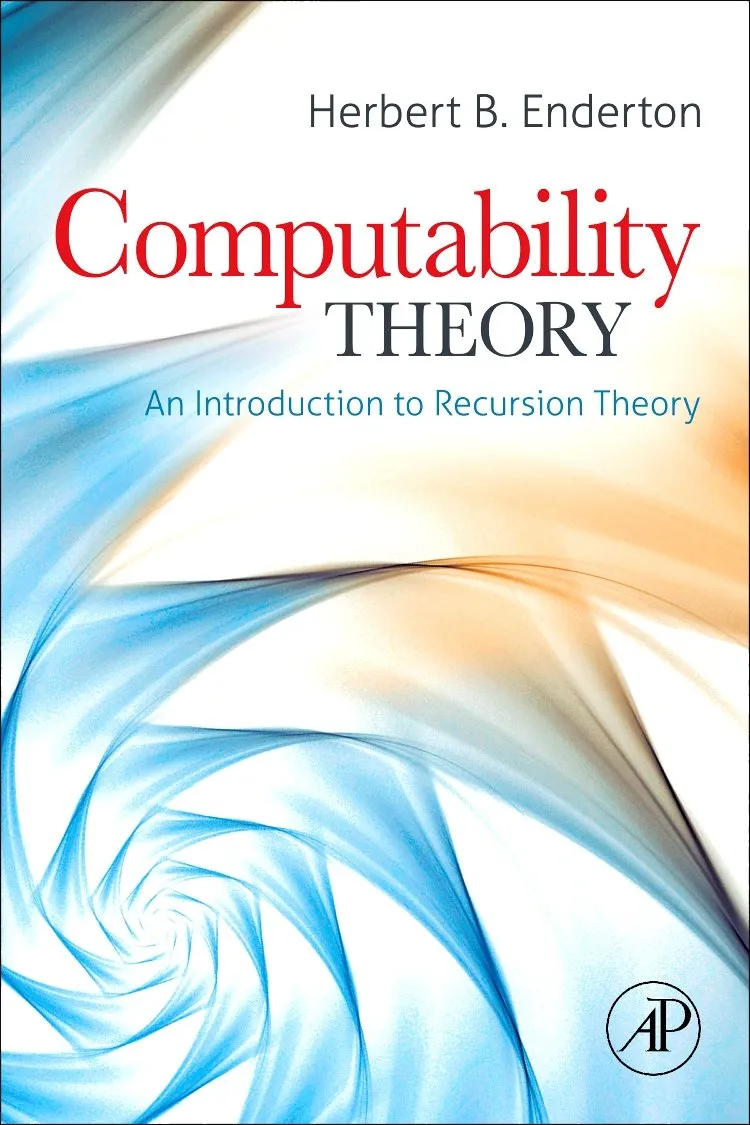Unifying Theories of Programming: 6th International Symposium, UTP 2016, Reykjavik, Iceland, June 4-5, 2016, Revised Selected Papers
4.4
Reviews from our users

You Can Ask your questions from this book's AI after Login
Each download or ask from book AI costs 2 points. To earn more free points, please visit the Points Guide Page and complete some valuable actions.Related Refrences:
Introduction
Welcome to the profound domain of unifying theories of programming encapsulated in this insightful book stemming from the 6th International Symposium on Unifying Theories of Programming (UTP 2016) held in Reykjavik, Iceland, on June 4-5, 2016. As editors Jonathan P. Bowen and Huibiao Zhu present, the conference gathered international experts to engage and advance the discourse in programming, exploring unifying theoretical frameworks that harmonize different aspects of software development and computation.
Detailed Summary
Utilizing a rigorous blend of theoretical advancements and practical applications, this book underscores the integration of diverse programming theories. The symposium’s focus was to cultivate synthesis rather than fragmentation in programming theories. Spanning state-of-the-art advancements, the papers selected for this book present innovative theoretical concepts, constructive methodologies, and exemplars of how unifying theories can be effectively employed in programming paradigms.
A pivotal objective of the symposium and this book is to realign existing theories to build a cohesive understanding that bridges gaps between different programming methodologies. The authors delve into the formal methods, semantics, and categories of programming languages, providing a blueprint that emphasizes a synergy of theoretical perspectives with practical applications. Through this fine-tuned curation of academic papers, the book also explores novel insights in refining compiler design, software verification, and algorithm development under the umbrella of unified theories.
Key Takeaways
- The importance of creating a cohesive structure that unifies diverse programming theories to enhance both academic research and practical implementations.
- A deeper understanding of how formal methods and semantics can influence and improve software development processes.
- Numerous case studies and research findings demonstrating successful applications of unified theories in real-world scenarios.
- Strategies for applying unified theories to solve complex problems in programming language design, software verification, and systems modeling.
Famous Quotes from the Book
"In seeking unity, we find strength not only in confirming existing knowledge but also in venturing into unknown realms—each theory interlinking with another to form a lattice of understanding."
"The endeavor of integrating theories leads not only to clarity but also to a fertile ground for innovation and discovery in programming languages and practices."
Why This Book Matters
The significance of 'Unifying Theories of Programming' extends far beyond academic enrichment; it serves as a strategic compass guiding software developers and theoreticians alike toward a paradigm where disconnected theories converge, yielding robust and versatile programming frameworks. By underscoring the necessity of unity in the face of complex and rapidly evolving technological environments, this book offers invaluable insights into not only academic discourse but also practical advancements in software engineering.
Moreover, it highlights the essential role that unified theories play in fostering a collaborative ecosystem, encouraging cross-disciplinary research, and inspiring the next generation of computer scientists to push the boundaries of what's conceivable in computational logic and programming architecture.
Free Direct Download
You Can Download this book after Login
Accessing books through legal platforms and public libraries not only supports the rights of authors and publishers but also contributes to the sustainability of reading culture. Before downloading, please take a moment to consider these options.
Find this book on other platforms:
WorldCat helps you find books in libraries worldwide.
See ratings, reviews, and discussions on Goodreads.
Find and buy rare or used books on AbeBooks.
1434
بازدید4.4
امتیاز0
نظر98%
رضایتReviews:
4.4
Based on 0 users review
Questions & Answers
Ask questions about this book or help others by answering
No questions yet. Be the first to ask!
